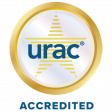This notice describes how medical information about you may be used and disclosed and how you can get access to this information. Please review it carefully. If you have any questions about this notice, please contact the Community Health Choice (Community) Privacy Officer.
This Notice of Privacy Practices is given to you as part of the Health Insurance Portability and Accountability Act (HIPAA). It says how we can use or share your protected health information (PHI) and sensitive personal information (SPI). It tells you who we can share it with and how we keep it safe. It tells you how to get a copy of or edit your information. You can allow or not allow us to share specific details unless needed by law.






